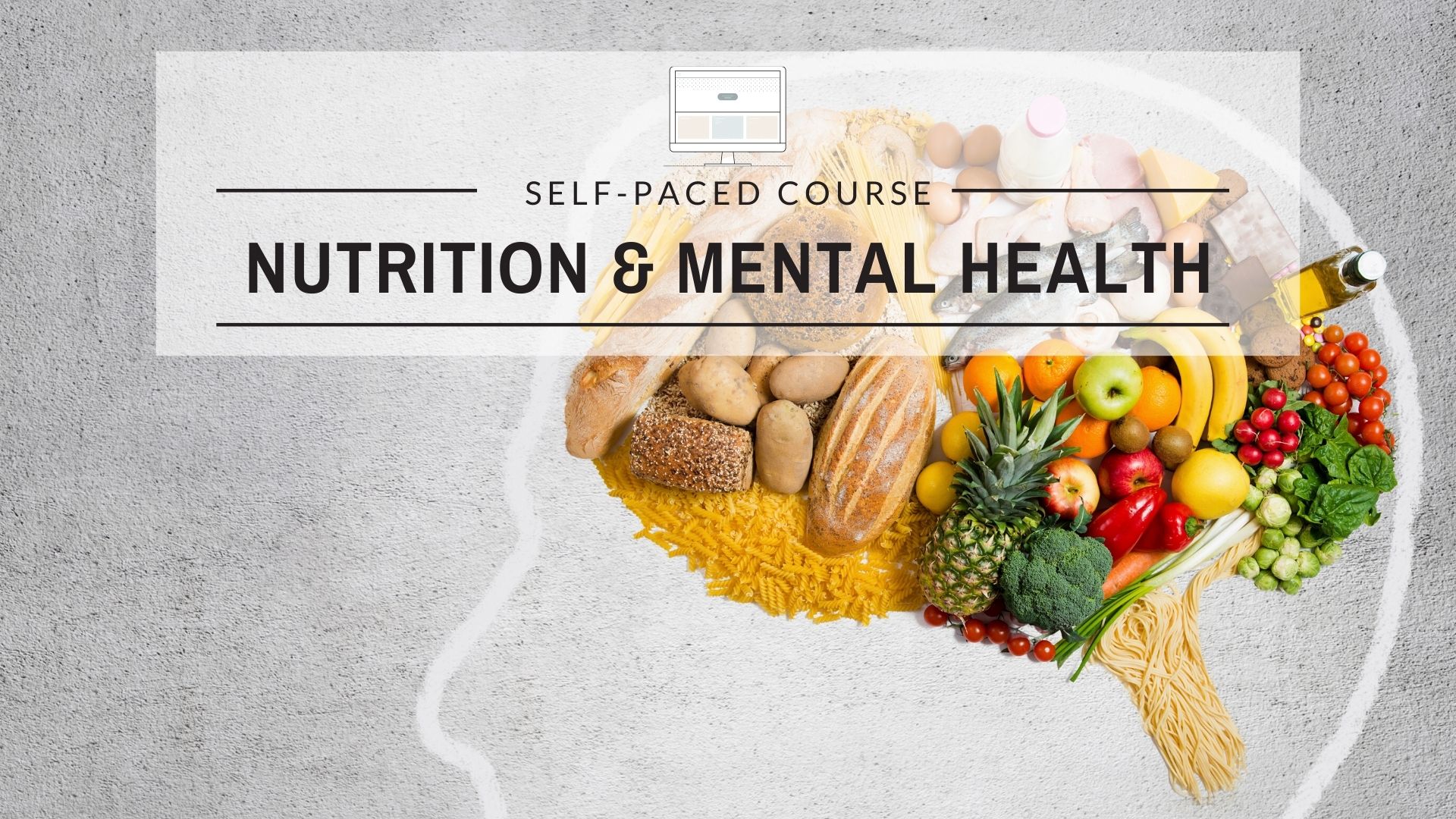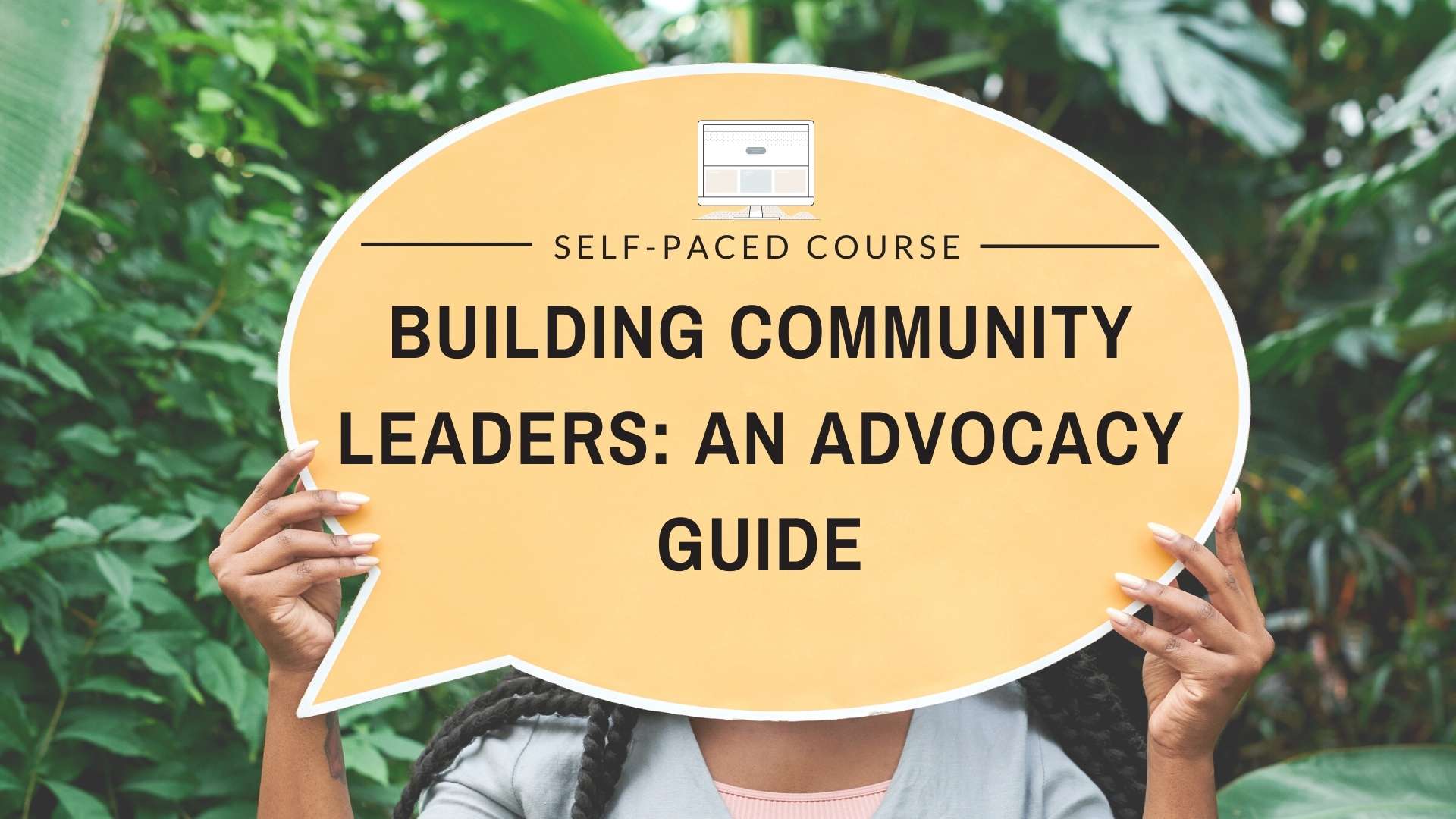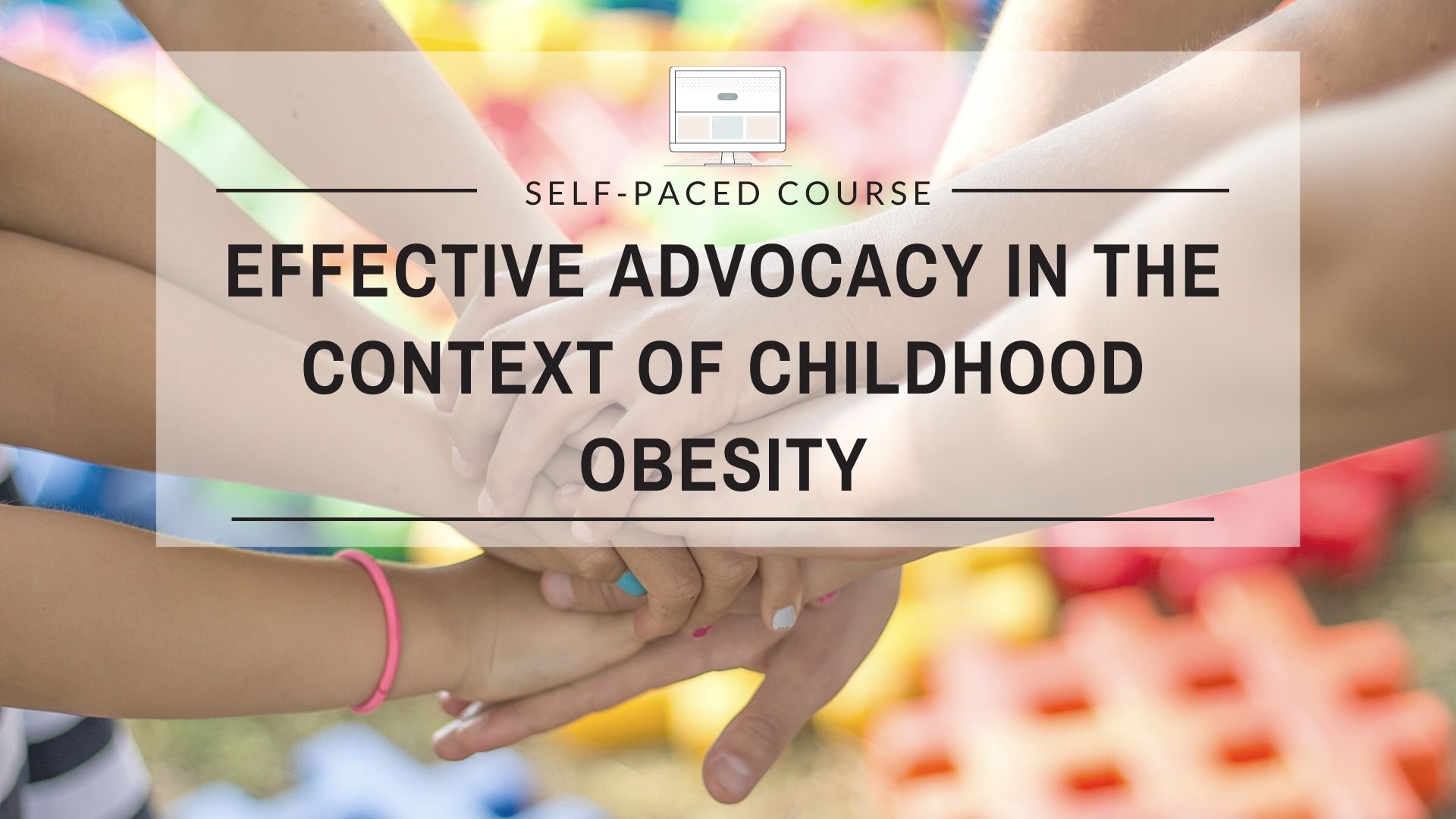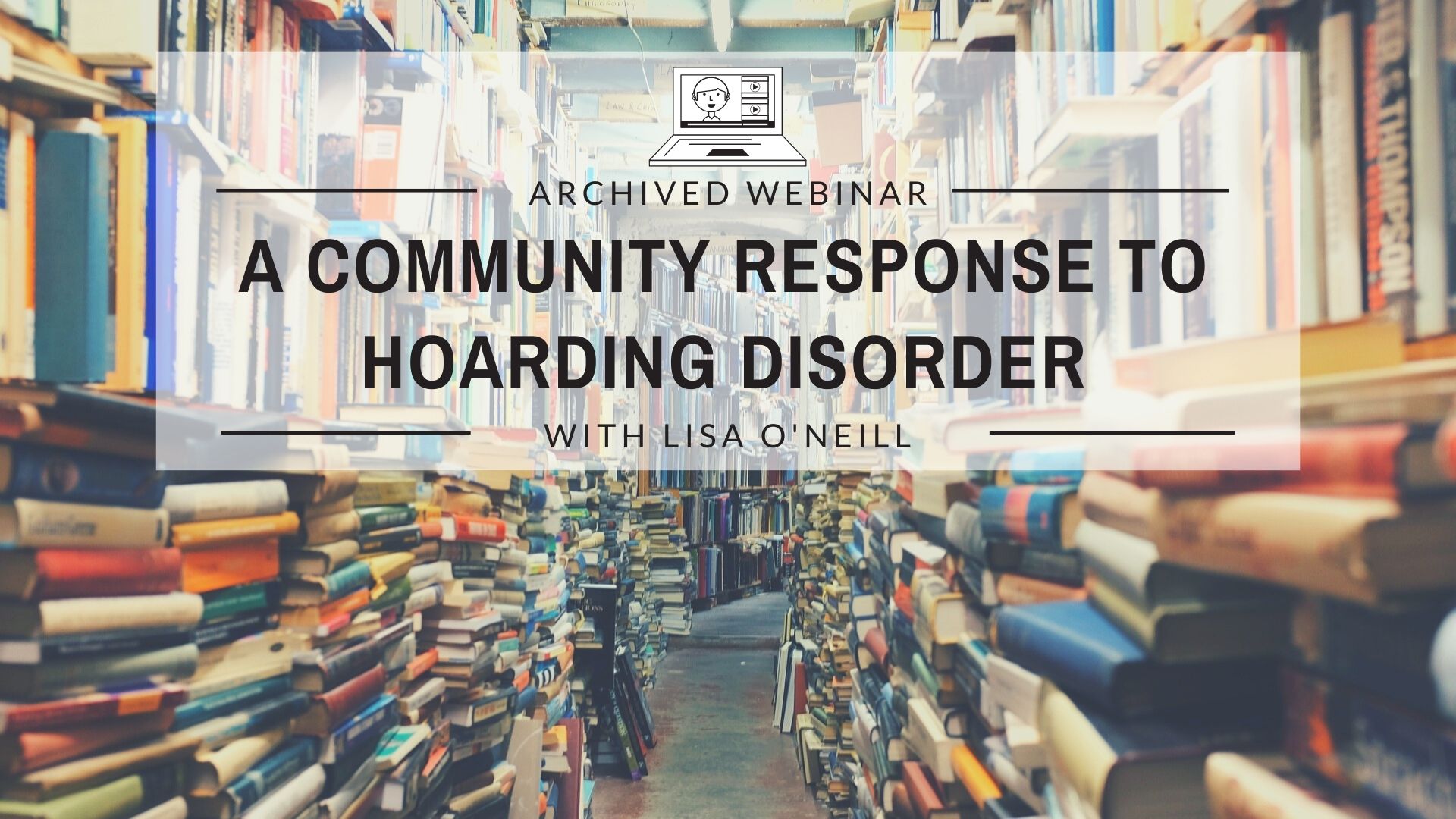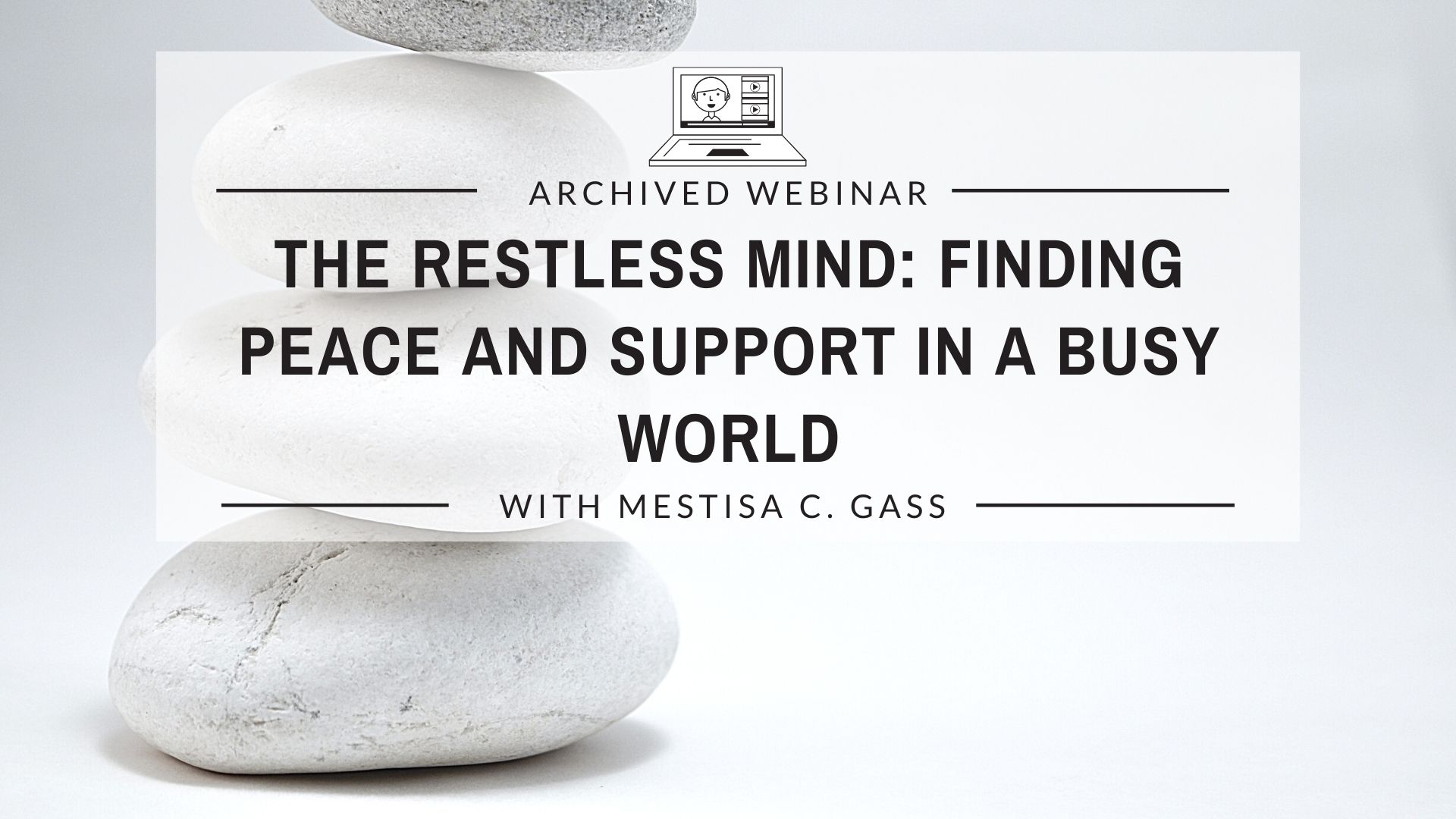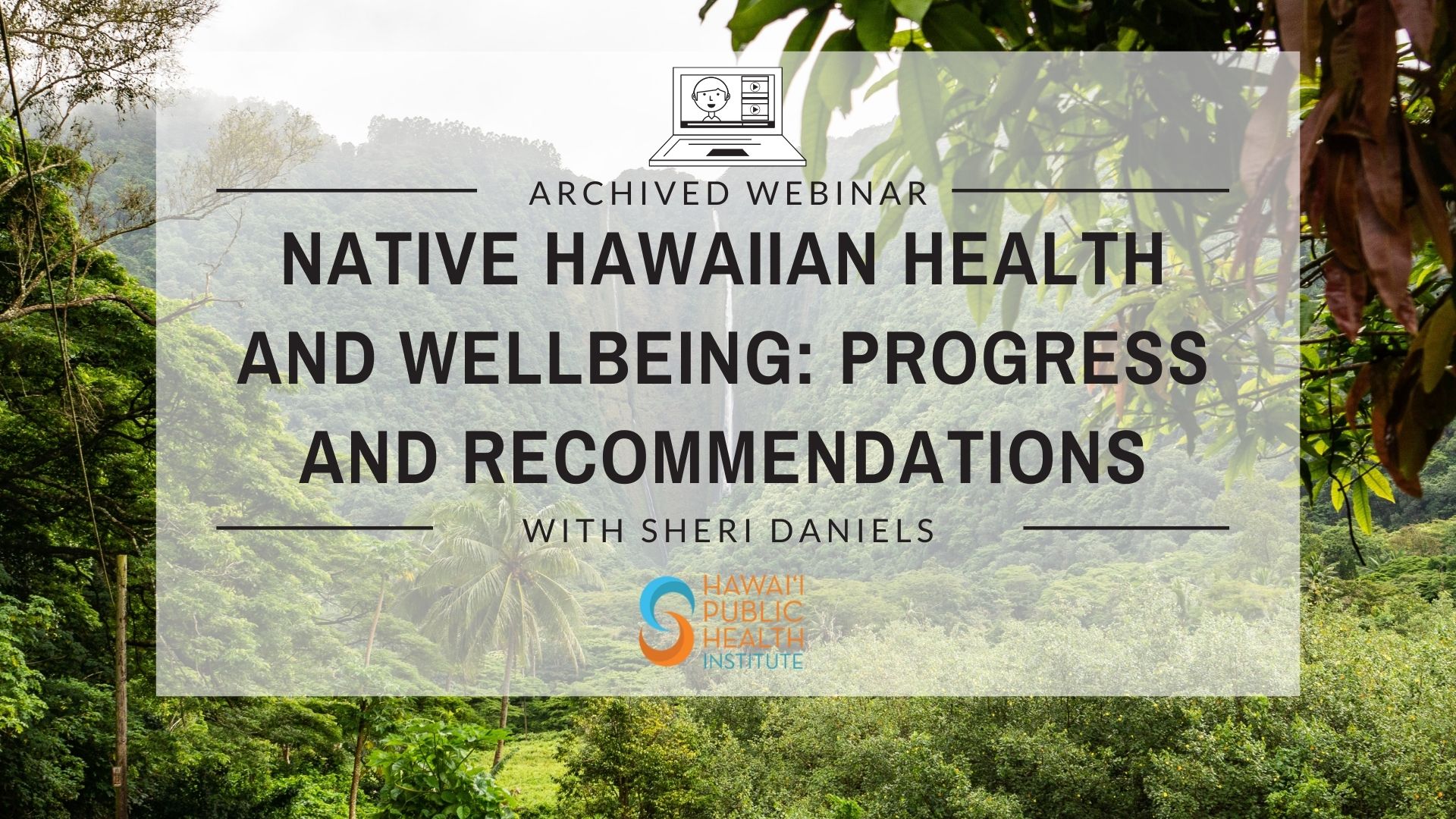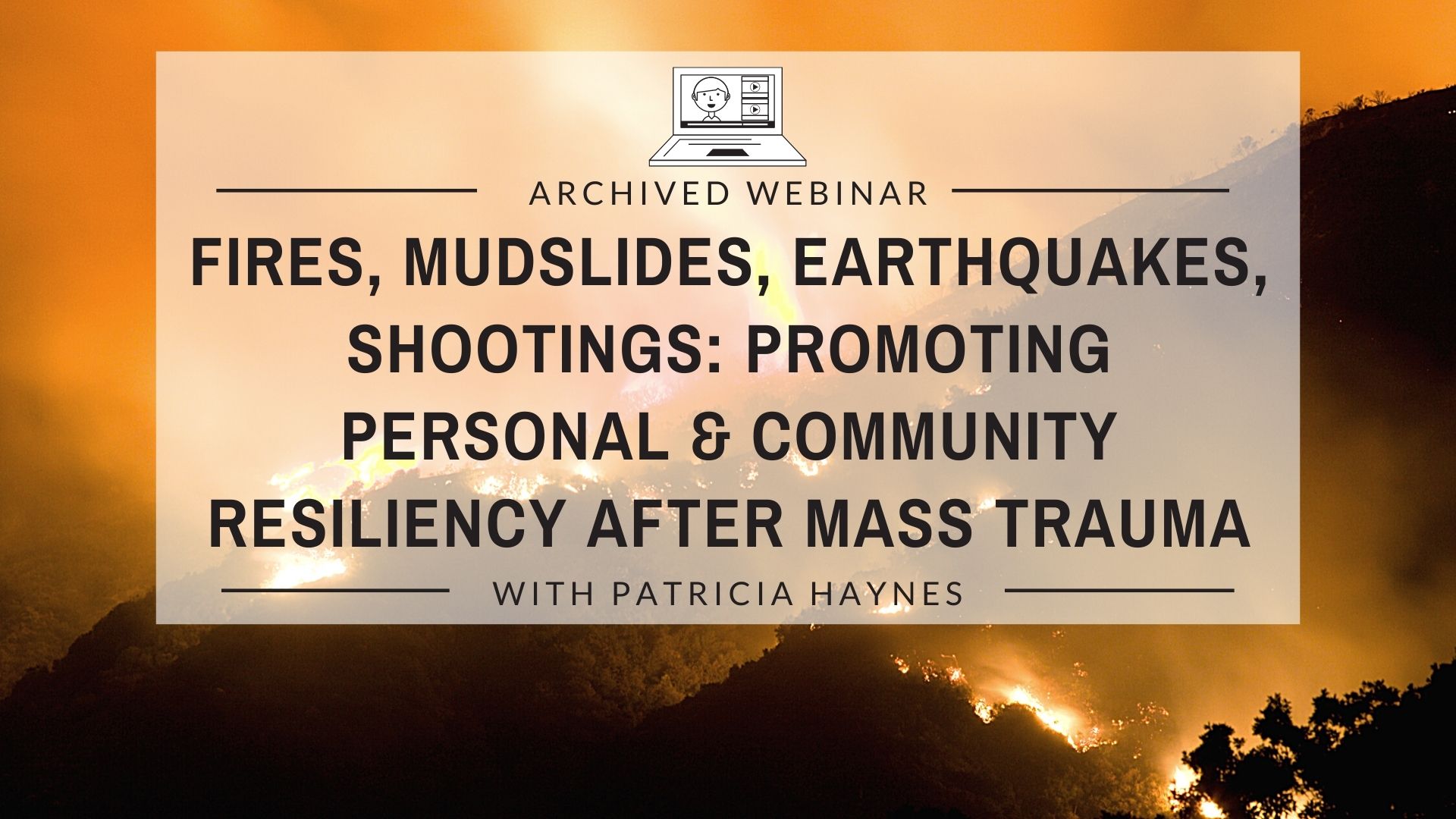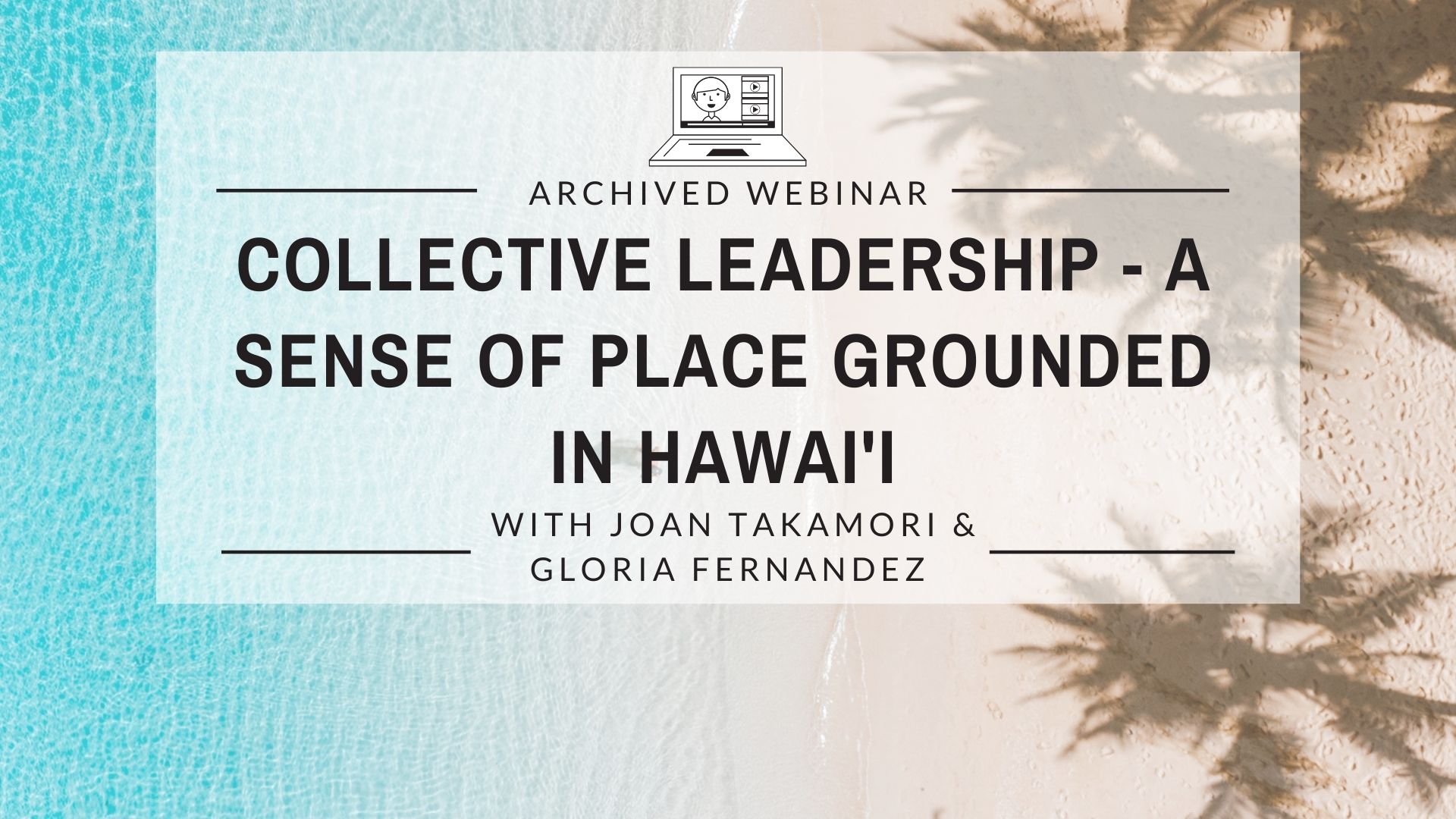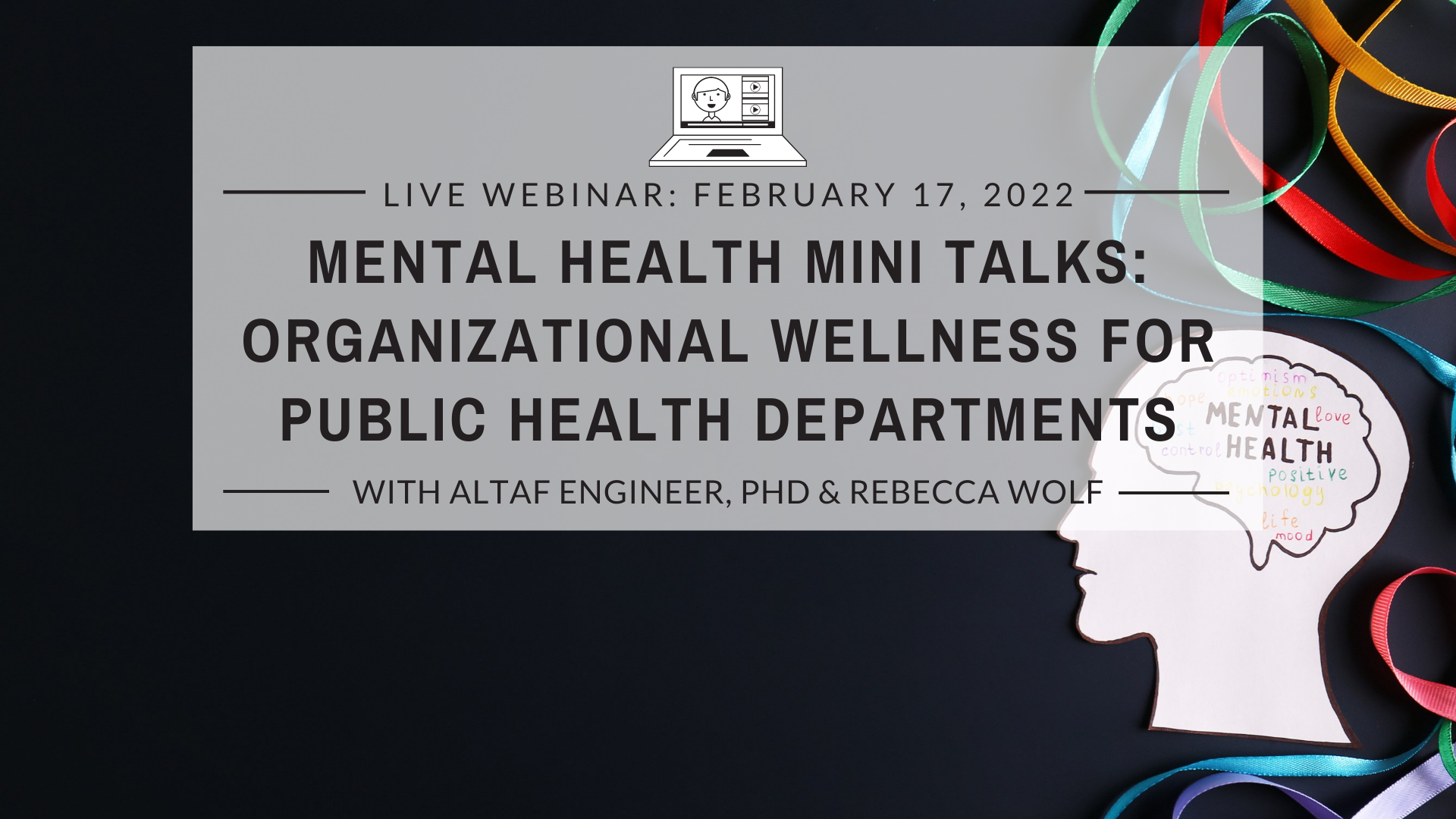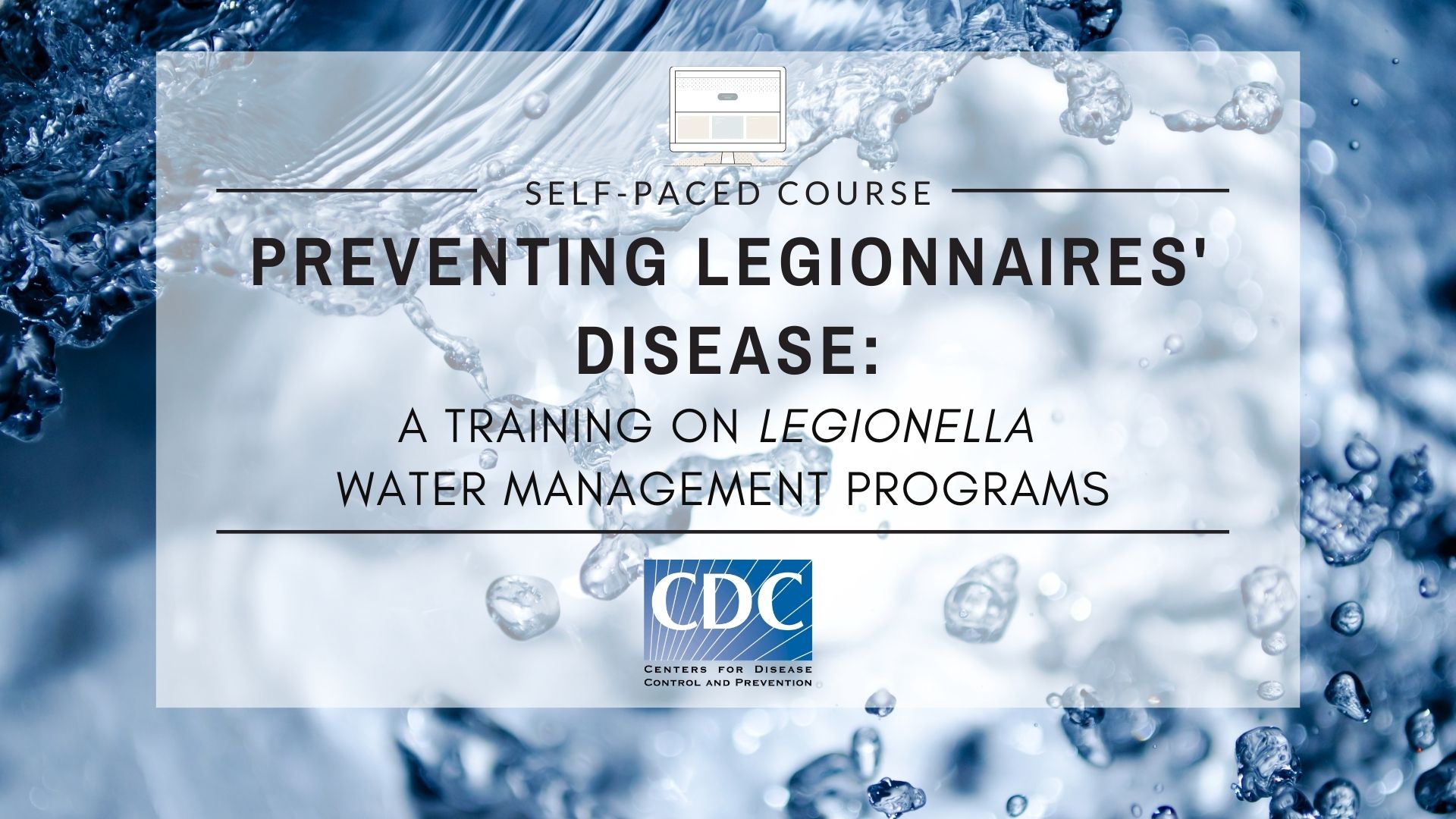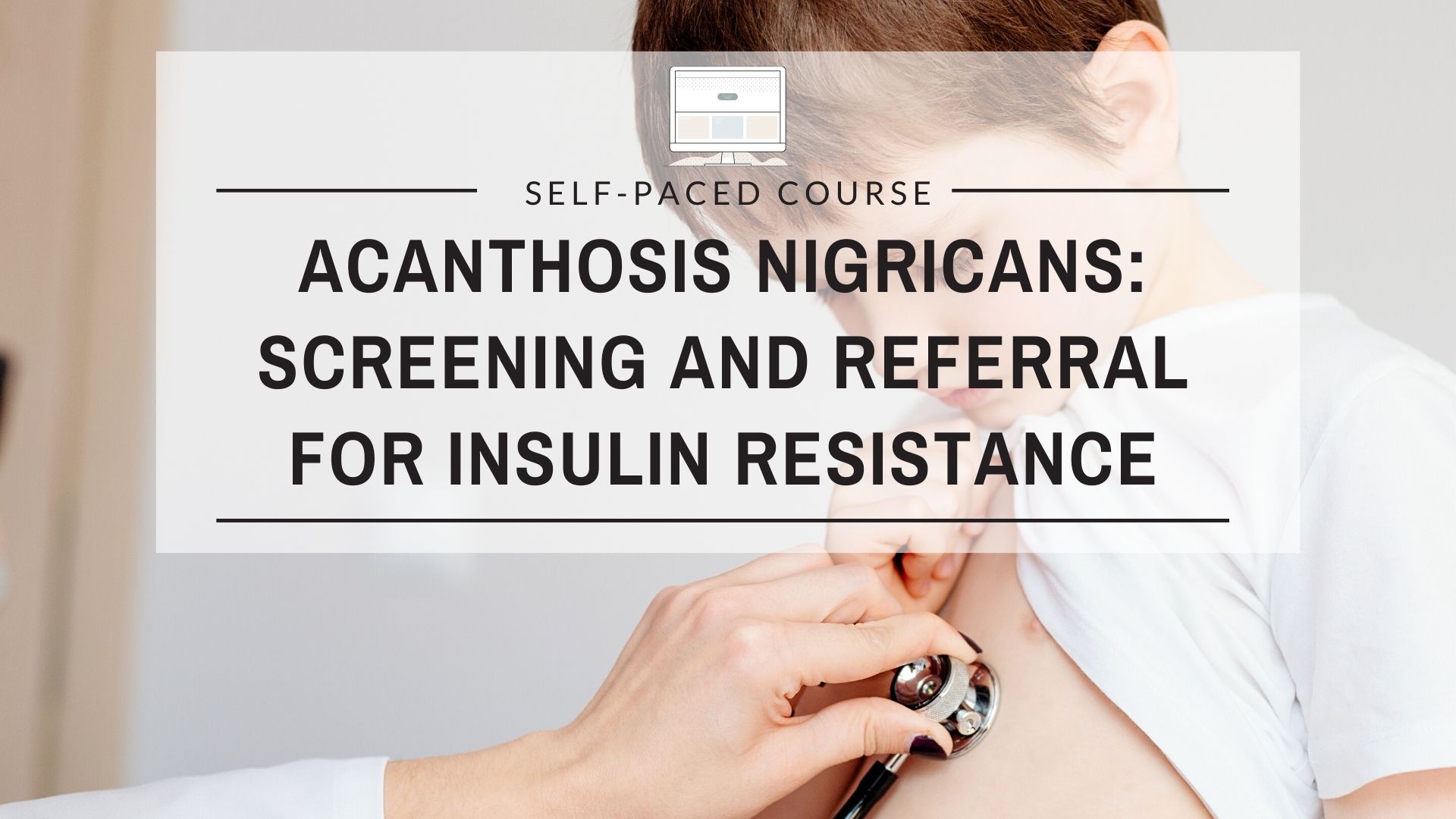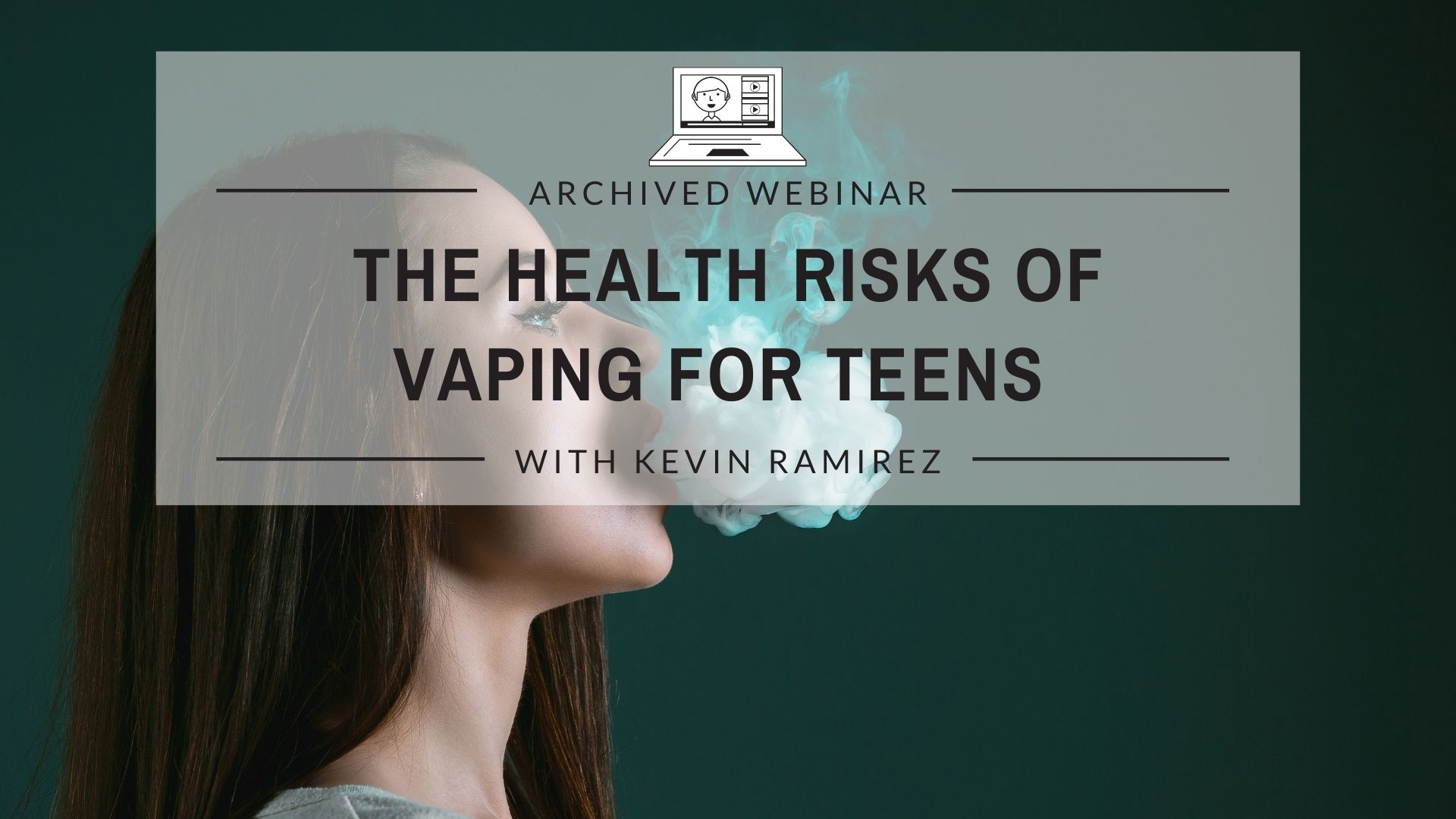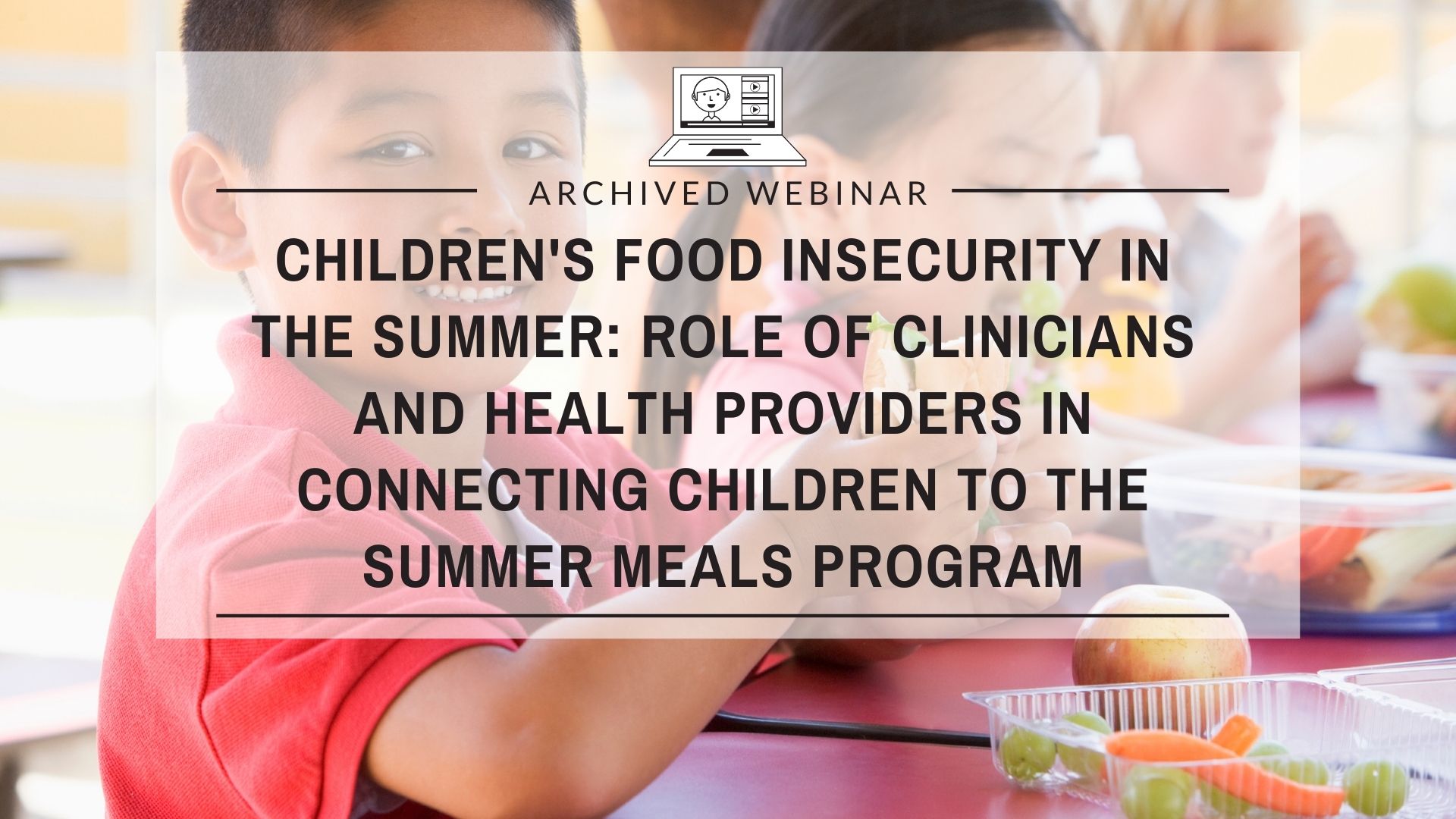Systems thinking is an approach to solving complex problems promoted by researchers and policy makers. This training guides you through taking a systems approach to childhood obesity prevention, and presents ways to think about evaluating your approach.
Continuing Education Credits: CHES CECH
|
Stress is a universal experience. If not addressed, stress can have negative effects on our mental health. To help people reduce stress and improve the mind-body relationship for overall health, Jon Kabat Zinn, PhD, developed formal mindfulness practices, termed Mindfulness Based Stress Reduction (MBSR). By taking this training, public health professionals will learn MBSR techniques and explore ways to implement MBSR into public health practice.
Continuing Education Credits: CHES CECH
|
This training will prepare you for your role as a new supervisor in the public health field. We'll start with tips to get you started in your first weeks on the job, then present ways to develop your supervisory skills over time. You will learn ways to build trust with your team and gain ideas for what to discuss during one-on-one meetings with staff. This training also presents a six part tool that can be used to help employees think about their performance or for your own performance. As your supervisory experience grows, this training will help you consider ways to be more influential in your role.
Continuing Education Credits: CHES CECH CPEU
|
Motivational Interviewing is a communication technique that helps empower patients to make desired behavior changes to improve their health. Available literature demonstrates the use of motivational interviewing in patients with diabetes significantly enhances adherence to treatment recommendations and weight loss efforts. This training will get you familiar with the concept of motivational interviewing in the context of weight management.
Continuing Education Credits: CHES CECH CPEU
|
There are many factors related to the prevention and treatment of mental health and substance use disorders, and there is developing evidence that nutrition plays a role. This series of modules is designed to introduce evidence connecting nutrition to the treatment and prevention of depression, anxiety, and substance use disorders. The final module concludes with practical public health applications.
Continuing Education Credits: CHES CECH CPEU
|
"Building Community Leaders" is designed to get people comfortable advocating for change in various settings and to empower community members to make healthy changes in their communities. Adapted from the Parent Ambassador Training Program, a program of the Maricopa County Department of Public Health, this revamped training was originally designed to train parents in school districts on the West side of Maricopa County on the basic principles of public health and how they can create needed change in their local school districts.
Continuing Education Credits: CHES CECH CPEU
|
Public health advocacy includes promoting education, processes and legislation that are designed to improve the general health of people living within a defined geographical location. This training will help you develop advocacy skills and strategies that can be used in community advocacy. Examples are presented in the context of childhood obesity prevention.
Continuing Education Credits: CHES CECH
|
Join Lisa O'Neill, DBH, Associate Director of Research and Education for the University of Arizona Center on Aging, to discuss healthy and safety issues, assessment tools, and treatment options related to Hoarding Disorder
Continuing Education Credits: CHES CECH
|
Worry and distress are feelings that many people feel occasionally when faced with potential harm. Others may live with more chronic anxiety about upcoming events in their lives by feeling tension and ongoing nervousness. Anxiety can cause distress and un-ease in dealing with everyday life. Many different ways exist to gain more ease, improve anxious feelings and/or even prevent anxiety.
Continuing Education Credits: CHES CECH CPEU
|
Papa Ola Lokahi has completed the update of the 1985 E Ola Mau (EOM) health needs assessment and is calling it E Ola Mau a Mau. The original EOM report is the basis for the Native Hawaiian Health Care Act which was passed by Congress in 1988. Papa Ola Lokahi and the Native Hawaiian Health Care Systems were established as a result and they continue to work to improve the health and well-being of the Native Hawaiian people. The link to key references is found at www.papaolalokahi.org
Continuing Education Credits: CHES CECH CPEU
|
This webinar features Dr. Tricia Haynes, an expert in the area of traumatic stress, with substantial experience training mental health providers in the areas of sleep and stress recovery. Currently, she has a well-established partnership with the Tucson Fire Department, where she provides services to fire service members and assists in the establishment of behavioral health policies and programs designed to foster firefighter mental health and stress resiliency.
Continuing Education Credits: CHES CECH CNE
|
Leadership development is active in Hawai‘i through the Robert Wood Johnson Foundation grant called Culture of Health. Hawai‘i Public Health Nurses at DOH Nursing Branch have been preparing nurses and along with an interprofessional team for leadership roles in management, policy, and practice to create healthier places to live, learn, work and plan. Culture of Health project is guiding people to honor their own “sense of self” with self-health care and utilizing best practices of wellbeing through a sense of place and integrated culture of community health.
Continuing Education Credits: CHES CECH CNE
|
Mediation is at the core of dispute resolution. By educating and helping people to resolve conflict, their quality of life is enhanced and as well as that of their family, friends, neighbors and co-workers. The Mediation Center of the Pacific, Inc. provides Hawai‘i residents with peaceful approaches to working through conflict through programs and processes that meet the unique needs of Hawai‘i’s culturally diverse population.
Continuing Education Credits: CHES CECH CNE
|
Professional ethics can be a code of principles and well as represent how healthcare professionals handle their conduct with best standards and informed decisions. Professional ethics can be viewed as the best benefit for both the health professional and the client and especially for dementia clients. There are good guiding principles to utilize while engaging in the process of sound ethical decision making.
Continuing Education Credits: CHES CECH CNE CPEU
|
The first session of our mental health mini-talks will focus on self-care and coping strategies, particularly for public health and healthcare professionals dealing with burnout and fatigue while addressing the pandemic. We'll hear from two experts, Patricia Haynes, PhD, and Thaddeus Pace, PhD, about frameworks and strategies you can apply to improve your mental health.
Continuing Education Credits: CHES CECH CPEU
|
The final of our mental health mini-talks will focus on trauma-informed practice for public health professionals. With the stress of the last two years of the pandemic, understanding a trauma-informed approach is an increasingly critical skill for those that provide services to communities. This session will feature Phylicia Bediako, MSW, PhD, and Patrick Goodman, MC.
Continuing Education Credits: CHES CECH CPEU
|
The second session of this year's mental health mini-talks will focus on strategies that can improve wellness when implemented at an organizational level, examining both environmental, design, and policy level considerations for employers. This session's featured speakers are Altaf Engineer, PhD, and Rebecca Wolf, PhD candidate.
Continuing Education Credits: CHES CECH CPEU
|
Are you involved in water safety for buildings? Take the free training from CDC and partners on creating a water management program to reduce risk for Legionnaires’ disease. The training aligns with industry standards on managing risk for Legionella bacteria (ASHRAE 188).
Continuing Education Credits: None
|
Stigma is an intense human experience. Stigma causes suffering and worsens health. This training focuses on recognizing and challenging stigma. In the first section, we explain what stigma is, how it feels, and how to recognize it. In the second section, we explore the ways stigma is entangled in the practices and assumptions of healthcare professionals, often unwittingly. In our final section, we identify ways that health professionals can help recognize and reduce stigma to improve patient outcomes and improve population health.
Continuing Education Credits: CHES CECH CPEU
|
Acanthosis nigricans is a skin condition known to be associated with insulin resistance. This training explains more about the condition, and discusses recommended identification and referral techniques in children.
Continuing Education Credits: CHES CECH
|
This training will help you navigate fad diets, diets that are supported by evidence-based science, and screening tools for identifying the difference. Take the role of a Public Health Professional to answer case scenarios for how to respond to a person who expresses interest in a fad diet.
Continuing Education Credits: CHES CECH CPEU
|
Do you want to improve your personal finances or help others improve theirs? This training will provide you with tools to create a personal budget and identify ways to improve your financial health. The training also provides information about health behavior theory as it relates to improving financial health and background information about financial health and stress. We also present ideas for incorporating budgeting trainings into public health programs.
Continuing Education Credits: CHES CECH CPEU
|
This presentation will introduce statistics on the vaping epidemic and share education on the harmful effects that vaping has on our youth.
Continuing Education Credits: CHES CECH CPEU
|
This webinar will highlight how clinicians and other healthcare providers who care for vulnerable children can play a role in addressing hunger in the summer months.
Continuing Education Credits: CHES CECH
|
Environmental factors and federal policies have had a large impact on the health and cultural identity of our Indigenous populations. With increasing rates of diabetes, obesity, and cancer in Native American communities, strengthening Native food systems offers an opportunity to improve Native economies, health, and culture. This course is meant to give an overview of how health departments and public health workers can help strengthen Native food sovereignty, for the purpose of improving Native health and revitalizing Native cultures.
Continuing Education Credits: CHES CECH CPEU
|
|





